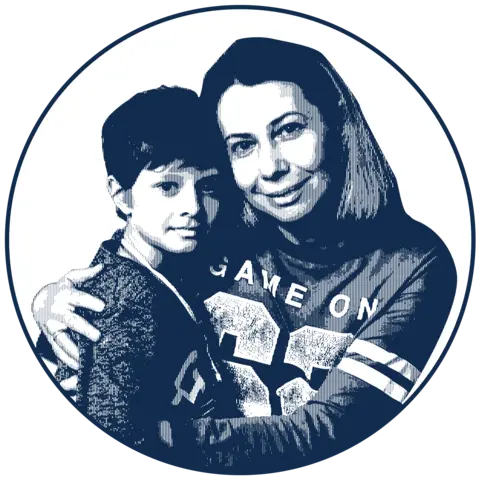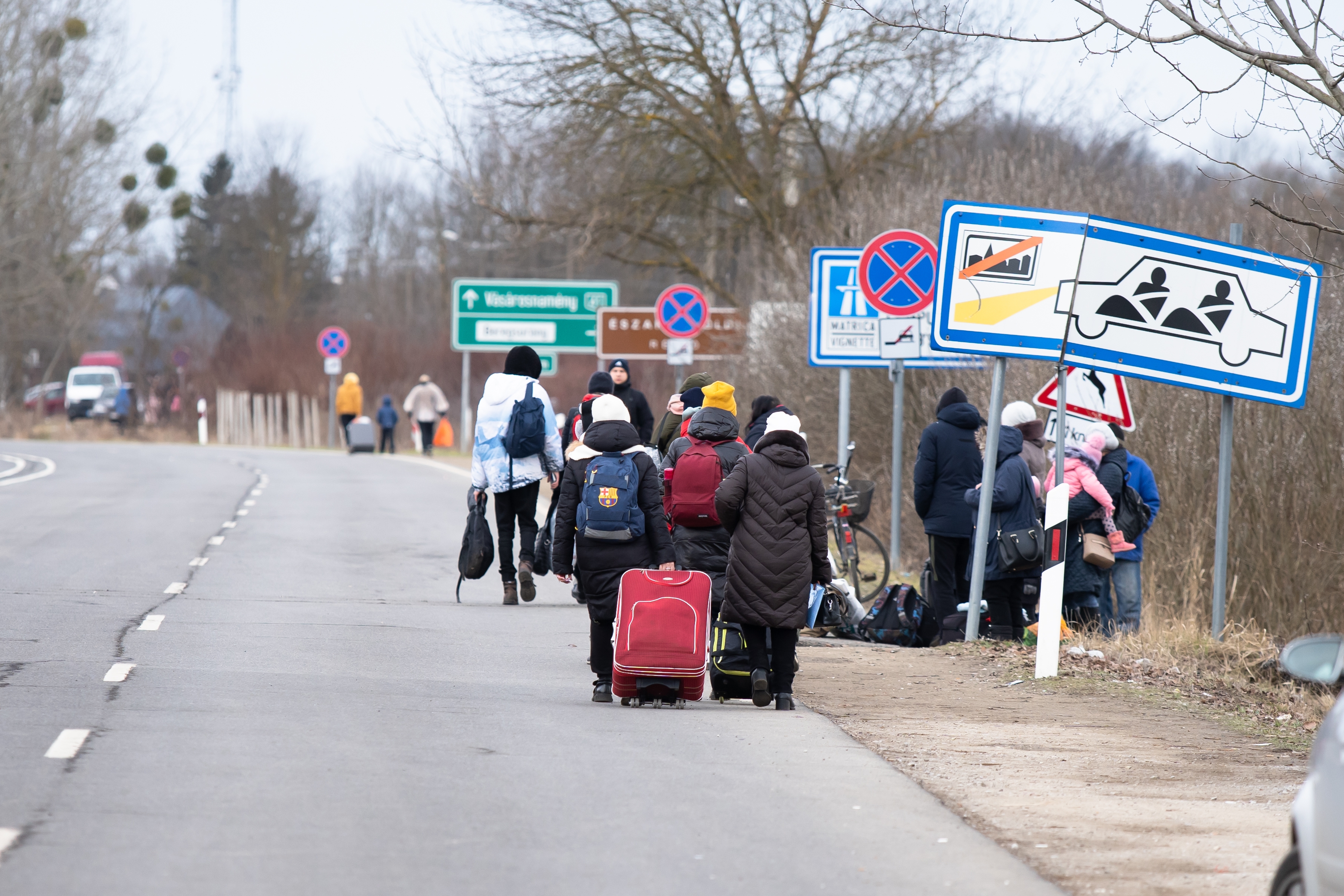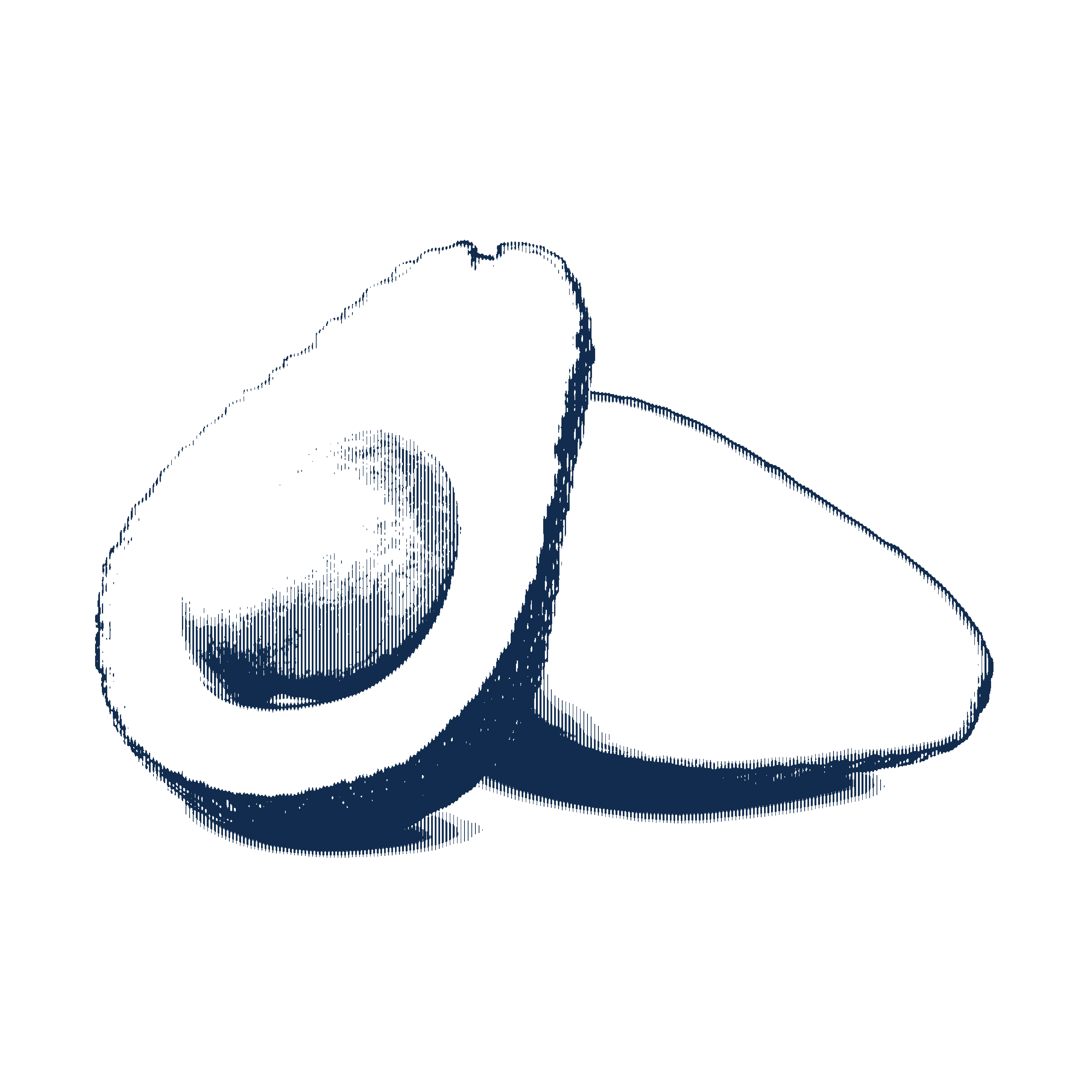The U.S. on Thursday accused Russia of using food as a weapon in its war on Ukraine, and in turn, creating a global food security crisis. Ukraine grows enough food to feed 400 million people, and Ukraine and Russia together account for a third of the world’s wheat exports. But Russia’s invasion and blockade of Ukrainian ports are preventing exports of grain and steel. Nick Schifrin reports.

As a nonprofit journalism organization, we depend on your support to fund coverage of global conflicts. Help us continue funding the hard costs of in-depth coverage of the Ukraine invasion—including travel, hostile environment safety training, and the increased security expenses that arise from reporting in war zones.
Read the Full Transcript
Judy Woodruff: At the United Nations Security Council today, the U.S. accused Russia of using food as a weapon in its war against Ukraine, and, in turn, creating a global food security crisis.
Ukraine grows enough food to feed 400 million people. And Ukraine and Russia together account for one-third of the world's wheat exports. But Russia's invasion and its blockade of Ukrainian ports are preventing Ukraine from exporting its grain and steel, as Nick Schifrin recently witnessed in Southern Ukraine.
Nick Schifrin: Ukraine's largest steel plant still faces the threat of Russian airstrikes.
In March, the war forced ArcelorMittal Kryvyi Rih to close for the first time since World War II. But now workers are back. And blast furnace number six is firing. The plant offers every step of a process that can produce six million tons of steel a year.
This is known as the foundry yard, where they take iron ore and put it through a blast furnace that is 4,000 degrees. That creates what's known as pig iron, a crude iron, and that becomes steel.
Before the war, the plant was one of Ukraine's largest employers and one of its largest exporters. Iron ore and semi-finished iron are the country's single largest export. But the war's cut production here in half, and it blocked the company's traditional routes to the Middle East and Africa, says chief administrative officer Artyom Filipyev.
Artyom Filipyev, Chief Administrative Officer, ArcelorMittal Kryvyi Rih: The main export route for us was the ports of the Black Sea. So, now the ports are closed. That's why we cannot use them.
Nick Schifrin: Odessa is Ukraine's largest port and so far has avoided a direct Russian assault. But Russian ships in the Black Sea have created a blockade.
That's forced companies to ship via trains that need to be refitted with different size wheels to travel in the rest of Europe.
Artyom Filipyev: It takes more time. It makes it more costly.
Nick Schifrin: How important is it to get these kinds of new export supply lines going for the future of Ukraine?
Artyom Filipyev: Metallurgical industry for Ukraine was like one of the cornerstones of the whole economy.
Nick Schifrin: Another cornerstone, agriculture. Ukraine is one of the largest exporters of wheat, corn and oil, but Europe's breadbasket today is scarred.
Ukraine and the U.S. accuse Russia of targeting agricultural infrastructure, including silos and the railroad bridges Ukraine needs to export. Russia has even fired at farmers and tractors. And Ukraine says what Russia doesn't target, it steals.
Trucks with hundreds of thousands of tons of Ukrainian grain have been moved to Russian-occupied territory. In farming villages occupied and destroyed by Russian troops, farmers have lost their livelihoods and many of the animals they sold to survive.
Lubov Zlobina, Ukrainian Farmer (through translator): They shelled us with a high-explosive projectile. It immediately began to burn. The piglets and calves were screaming. They were roasted alive. They were burning.
Anthony Blinken, U.S. Secretary of State: The Russian government seems to believe that using food as a weapon will help accomplish what its invasion has not, to break the spirit of Ukrainian people.
Nick Schifrin: Today, the U.S. led a Security Council session about the war's impact on global food access. Secretary-General Antonio Guterres is negotiating with Moscow to lift the blockade, but there's been no progress.
Anthony Blinken: The food supply for millions of Ukrainians and millions more around the world has quite literally been held hostage by the Russian military.
Caitlin Welsh, Center for Strategic and International Studies: This war is having effects on global markets, global supplies and prices again around the world.
Nick Schifrin: Caitlin Welsh is the director of the Global Food Security Program at the Center for Strategic and International Studies. She says the war exacerbated already record high global food prices and will limit food availability in the very countries that need it most.
Caitlin Welsh: The countries that are net food importing countries that consume high amounts of wheat and that rely on the Black Sea for imports of wheat are particularly affected.
Nick Schifrin: What is the solution for Ukrainian exports, short of somehow figuring out how to end the Russian Black Sea blockade?
Caitlin Welsh: The solution is to end this war. And even if the war were to end today, it would take a significant amount of time and investment to bring Ukraine to its prewar levels of agricultural productivity.
Nick Schifrin: The world's largest exporter of wheat and fertilizer is actually Russia. And Russian farmers are today exempt from sanctions.
Caitlin Welsh: We have very, very deliberately not sanctioned Russia's food and fertilizer exports. For global food security reasons, it's very important to keep Russian wheat and fertilizer and other agricultural products on markets.
Nick Schifrin: Back in Ukraine, despite the threats, farmers are planting this year's harvest. But, for now, the exports that have long helped feed the world will be trapped by a war with no end in sight.
For the "PBS NewsHour," I'm Nick Schifrin.
Judy Woodruff: And a note: Our coverage of the war in Ukraine is supported in partnership with the Pulitzer Center.






